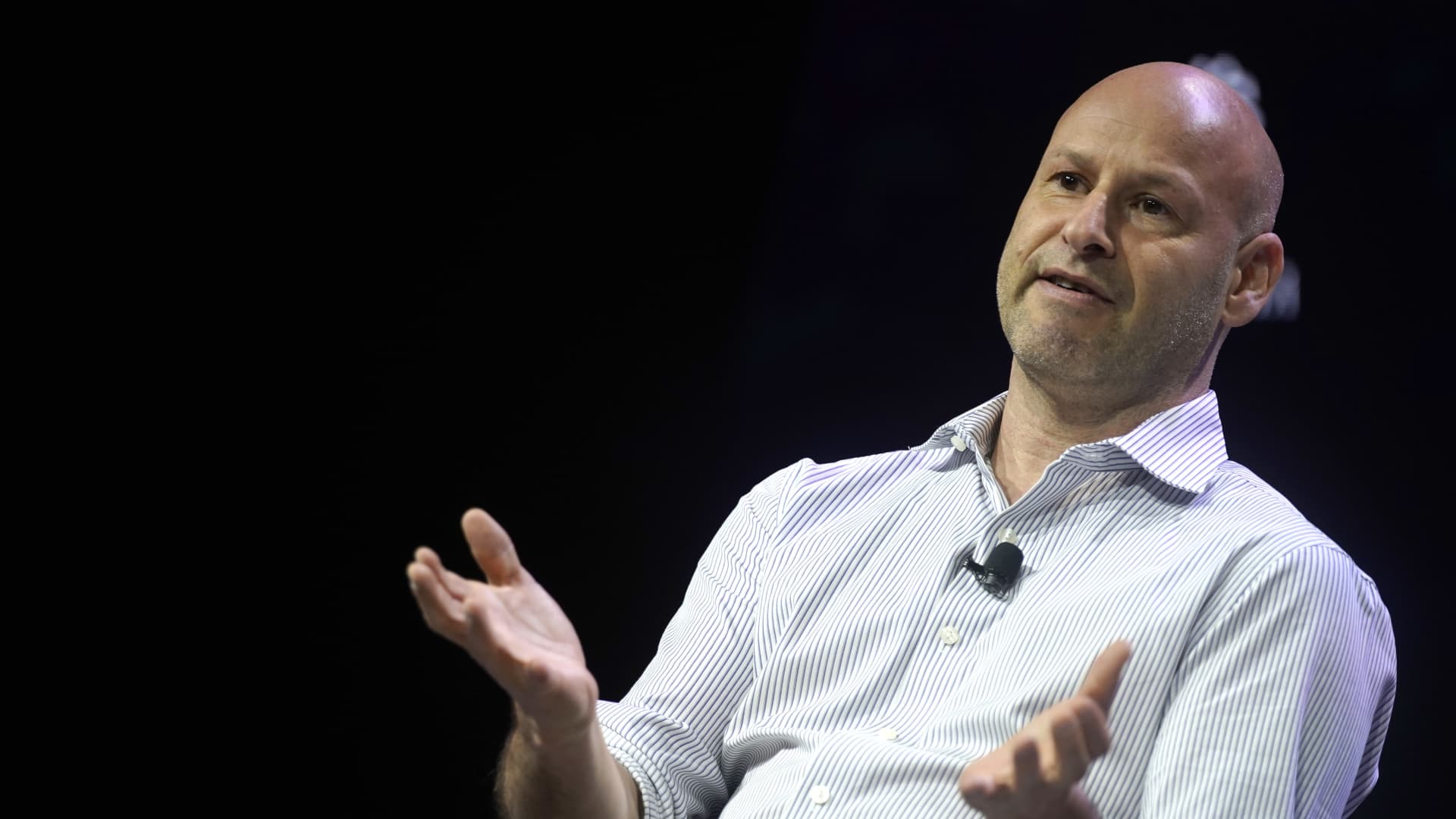Antonio Juliano, founder of decentralized exchange dYdX, believes that early-stage crypto projects should prioritize markets outside the United States and only consider serving U.S. customers in 5-10 years when the regulatory climate is more favorable, in order to scale faster and focus on platform growth and user adoption.
The lack of clear crypto regulations in the US has caused significant issues for the industry, leading to collapses and a weakening of America's position as a financial hub, according to Coinbase CEO Brian Armstrong. He emphasizes the need for clear rules that recognize the innovation potential of the technology while protecting consumers. Armstrong also highlights the potential benefits of Bitcoin exchange-traded funds (ETFs) and Coinbase's role as custodian in many ETF applications.
U.S. Securities and Exchange Commission Chair Gary Gensler continues to emphasize the importance of crypto companies complying with securities laws, despite recent setbacks in court cases against the industry. Gensler will discuss recent enforcement actions and proposals related to cryptocurrency firms but will avoid discussing ongoing litigation, including high-profile cases against Coinbase and Binance.
Coinbase CEO Brian Armstrong advocates for decentralized finance (DeFi) protocols and suggests legal action to establish a legal precedent, while MakerDAO's founder believes decentralized stablecoins could dominate the crypto market, and Polygon CEO acknowledges the success of their $1 billion investment in zero-knowledge proof rollups. Additionally, market surveillance firm Solidus Labs reveals that decentralized exchanges have become a hotspot for wash trading, and a DeFi advocacy group petitions to stop a patent troll from targeting DeFi protocols. Despite a mixed week for the top 100 DeFi tokens, the total value locked into DeFi protocols remains above $49 billion.
Coinbase, the U.S. cryptocurrency exchange operator, may invest more elsewhere if the U.S. cannot get crypto regulation right, raising questions about whether the U.S. is still the primary hub for crypto innovation and development.
Ethereum co-creator Vitalik Buterin says that central bank digital currencies (CBDCs) have become "front ends" for the traditional banking system instead of being blockchain-friendly with transparency and privacy features, making them even less private and breaking down barriers against corporations and the government. He believes that Ethereum may be more resistant to government interference with its proof-of-stake consensus mechanism.
Crypto investment firm CoinShares is optimistic about cryptocurrency regulation in the United States as it enters the market and believes that the US is a global leader in digital asset development.
The chief content officer of CoinDesk, Michael Casey, discusses the future of cryptocurrency and the challenges facing the industry, including regulation and the need for decentralized systems to protect against fraud and manipulation by centralized entities. Despite recent setbacks, Casey remains optimistic about the potential of blockchain technology and the importance of creating a safer, more decentralized financial system.
Concerns over the future value of cryptocurrencies persist as the market faces increased scrutiny and volatility, with critics and notable figures expressing apprehension, while billionaire investor Paul Tudor Jones endorses Bitcoin as a stable investment option given rising geopolitical tensions and a weak fiscal position for the US. Additionally, Sam Bankman Fried, the founder of FTX Crypto Exchange and Alameda Research, is currently caught up in a trial for financial fraud, adding further uncertainty to an already unstable market.
